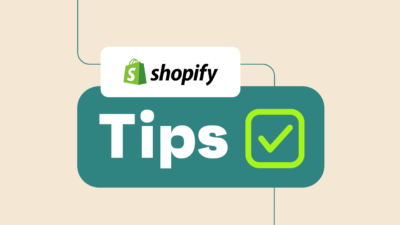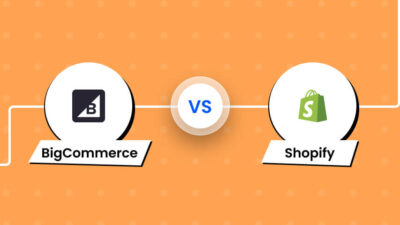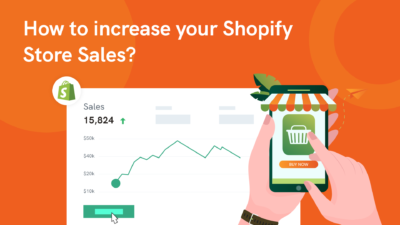As e-commerce continues to grow in India, more businesses are turning to online platforms to reach wider audiences and increase sales. One of the best platforms for creating a successful online store is Shopify. Known for its ease of use and extensive features, Shopify enables you to quickly set up an online store and start generating revenue. However, building a profitable store goes beyond setting it up it requires strategic planning, effective marketing, and a strong understanding of your target market.
In this guide, we’ll walk through the steps to build a profitable online store with Shopify, specifically focusing on the Indian context. We’ll also discuss how Ouriken.com, a leading Shopify development company in India, can support you in creating and optimizing a successful Shopify store.
Why Shopify: Understanding the Platform’s Potential for Indian Businesses
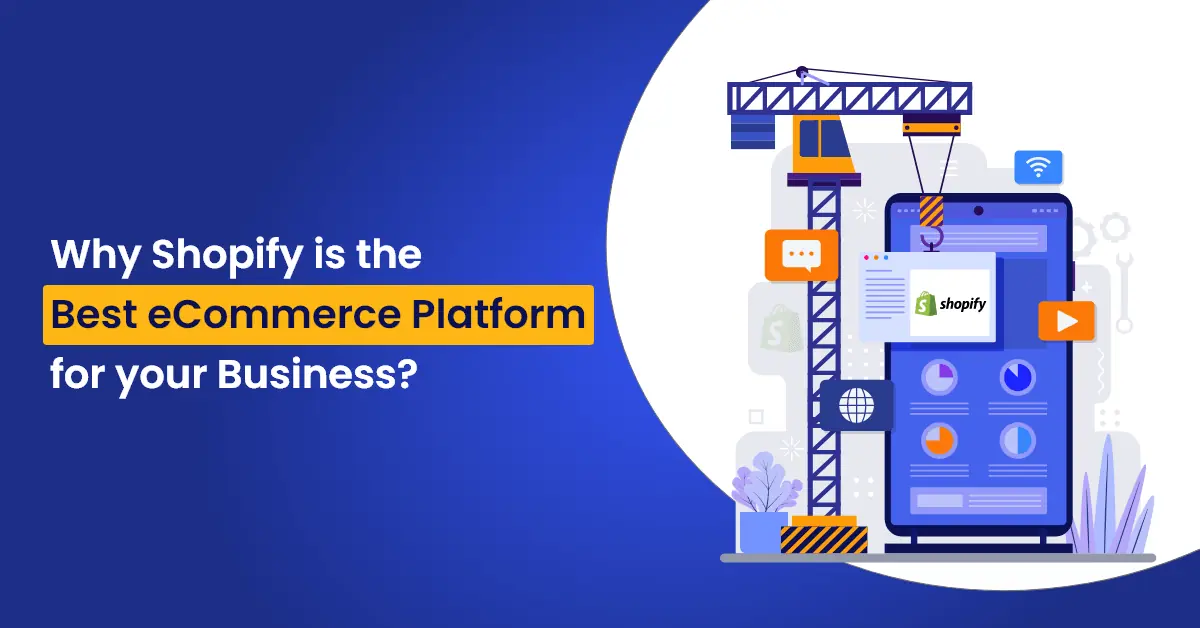
Before we dive into the process, let’s explore why Shopify is an excellent choice for Indian entrepreneurs.
User-friendly and Easy to Set Up
Shopify is designed for all types of users, even those without technical skills. Its drag-and-drop interface makes it easy for beginners to create a professional-looking store in just a few steps.
Mobile-First Design
In India, mobile internet users account for a significant portion of online shoppers. Shopify’s mobile-optimized themes ensure a smooth shopping experience across devices, which is crucial in today’s mobile-driven market.
Support for Local Payment Gateways
Shopify integrates with popular Indian payment gateways such as Razorpay, Paytm, and Instamojo. This makes it easy for customers to pay with local options, like UPI, which are widely used across India.
Scalability for Growing Businesses
Whether you’re just starting or planning to scale, Shopify offers different plans that cater to businesses of all sizes. Shopify’s scalability allows you to add features and handle increased traffic as your store grows.
Built-In Marketing Tools
Shopify comes with built-in marketing tools like SEO, email marketing, and social media integration, which helps in attracting customers and increasing sales.
Steps to Building a Profitable Shopify Store in India
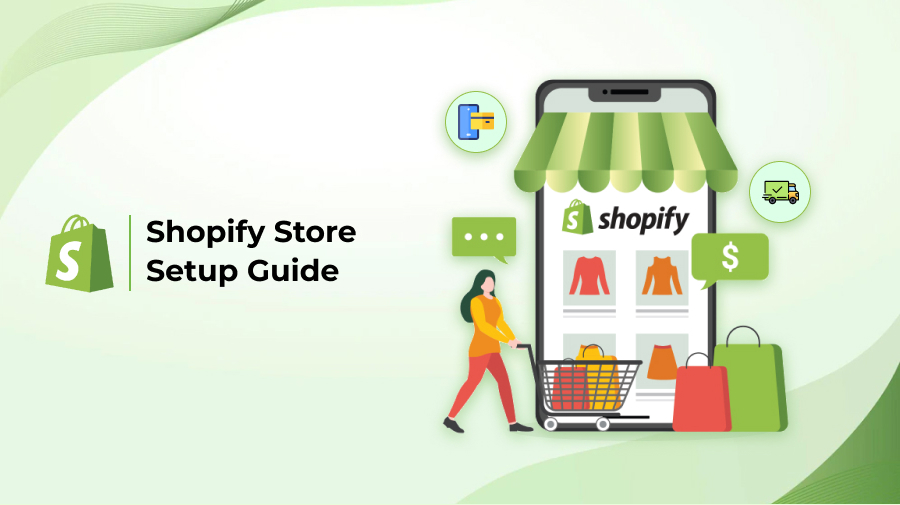
To create a profitable store, it’s essential to plan each step carefully. Here’s a step-by-step guide to help you build and grow your Shopify store in India.
Research Your Market and Identify Your Niche
Before setting up your store, it’s essential to understand the Indian market. Research the products that are in demand and identify your target audience. By selecting a profitable niche, you can better align your products with what consumers are actively searching for.
Conduct Market Research: Use tools like Google Trends and Indian market research reports to understand consumer behavior.
Identify Your Target Audience: Segment your audience by age, interests, buying habits, and location. This will help you tailor your marketing strategies and product offerings.
Choose Your Products and Define Your Unique Selling Point (USP)
After identifying your niche, select products that are likely to resonate with your audience. In a competitive market, having a unique selling point (USP) can set your store apart from others.
Product Selection: Choose products that have high demand but moderate competition. Ensure the products offer value to your customers.
Develop a USP: Think about what makes your product or service unique. For instance, you might focus on offering eco-friendly products, handmade goods, or products sourced from local artisans in India.
Create Your Shopify Account and Select a Plan

Visit Shopify’s website and sign up for a free trial. After the trial period, you’ll need to select a pricing plan. Shopify offers various plans that suit different business needs
Basic Shopify: Ideal for small businesses just starting.
Shopify: Suitable for growing businesses with higher transaction volumes.
Advanced Shopify: Best for large businesses that require additional features and reporting.
Each plan comes with different features, so choose the one that aligns with your business goals.
Choose and Customize Your Shopify Theme
Shopify provides a range of free and paid themes. Choose a theme that aligns with your brand’s aesthetic and is optimized for mobile. Since Indian shoppers primarily use mobile devices, selecting a mobile-responsive theme is essential.
Customizing Your Theme: Shopify’s editor allows you to customize the theme’s layout, colors, fonts, and navigation without any coding.
Professional Help: For a unique, custom-built store design, consider hiring Ouriken.com. They specialize in Shopify development and can help create a visually appealing and functional design tailored to your brand’s needs.
Set Up Your Products and Optimize Product Pages
To convert visitors into customers, you’ll need well-optimized product pages with high-quality images, descriptions, and relevant keywords.
Product Descriptions: Write compelling and informative descriptions that highlight the product’s features and benefits.
High-Quality Images: Use multiple images that show the product from different angles. This is essential for building trust with customers who cannot see the product in person.
SEO Optimization: Use keywords relevant to your niche and audience in product titles and descriptions. This can help improve your store’s visibility in search engines.
Set Up Payment Gateways for Indian Customers
Shopify offers a range of payment gateways that cater to Indian customers, such as Razorpay, Paytm, and Instamojo. Choose gateways that offer popular payment options like UPI, credit/debit cards, and net banking.
Enable Cash on Delivery (COD): COD is one of the most popular payment methods in India. If possible, enable it as an option to attract a broader customer base.
Configure Shipping and Delivery Options
Shipping is an integral part of running an e-commerce store. Shopify allows you to set up shipping rates based on weight, price, and location.
Select Reliable Shipping Partners: Consider partnering with trusted Indian couriers like Blue Dart, Delhivery, or India Post. These services offer extensive coverage and competitive rates.
Offer Free Shipping for Orders above a Certain Value: Free shipping is an effective way to increase average order value (AOV). Set a minimum order value for free shipping to encourage larger purchases.
Integrate Apps to Enhance Store Functionality
Shopify’s app store offers a range of apps that can help with marketing, customer service, inventory management, and more. Here are some recommended categories:
Marketing Apps: Use email marketing apps like Klaviyo or Omnisend, and social media integration apps for running ad campaigns.
SEO Apps: Boost your search engine visibility with SEO apps like Plug in SEO.
Inventory Management: Apps like Stock Sync can help you manage stock levels, especially if you have a wide range of products.
Ouriken.com can help recommend and integrate the best apps for your store based on your business needs, enhancing your store’s efficiency and profitability.
Optimize Your Store for SEO
Search engine optimization (SEO) is crucial for driving organic traffic to your store. With effective SEO practices, you can improve your store’s ranking on Google and attract more visitors.
Keyword Research: Identify keywords relevant to your niche and incorporate them into product titles, descriptions, and Meta tags.
Optimize for Local Search: If you’re targeting Indian customers, use local keywords and include your store’s address on your website to improve local SEO.
Create a Blog: Regularly publishing blog posts can help improve your site’s SEO while providing valuable content for customers.
Leverage Social Media and Digital Marketing
A strong digital marketing strategy is key to building a profitable Shopify store. Here are some ways to market your store effectively in India:
Social Media Marketing: Platforms like Instagram, Facebook, and WhatsApp are popular in India. Use these platforms to promote your products, interact with customers, and build brand awareness.
Influencer Marketing: Partner with influencers relevant to your niche to reach a wider audience.
Email Marketing: Collect emails from customers and run targeted email marketing campaigns to promote products, announce sales, and nurture customer relationships.
Ouriken.com offers digital marketing services, including SEO, social media, and email marketing, to help drive traffic and increase sales for your Shopify store.
Use Analytics to Monitor Performance and Improve
Monitoring your store’s performance is essential for understanding what’s working and what isn’t. Shopify’s analytics tools provide insights into key metrics like sales, traffic, and customer behavior.
Conversion Rate Optimization (CRO): Analyze your store’s conversion rate and make changes to improve it. A higher conversion rate can lead to more sales and greater profitability.
Track Customer Behavior: Use Google Analytics or Shopify’s built-in analytics to see where customers are dropping off in the shopping process.
A/B Testing: Experiment with different elements, such as product descriptions, images, and calls to action, to determine what drives the best results.
How Ouriken.com Can Help You Build a Profitable Shopify Store
Building a profitable Shopify store requires expertise and strategic planning. Ouriken.com is a Shopify development company in India that specializes in helping businesses build, optimize, and grow their online stores. Here’s how Ouriken.com can support you:
Custom Shopify Store Design: Create a store design that reflects your brand and engages customers.
Shopify App Integrations: Integrate the best apps to enhance store functionality and efficiency.
SEO and Digital Marketing: Drive traffic and increase sales through effective SEO and digital marketing.
Ongoing Support and Maintenance: Ensure your store runs smoothly with regular updates and support.
Conclusion: Start Your Journey to Profitability with Shopify
Building a profitable online store with Shopify is achievable with the right strategies and tools. By following these steps, you can create a successful store that meets the needs of the Indian market. With expert guidance from Ouriken.com, you can take your Shopify store to new heights and maximize your profitability.

